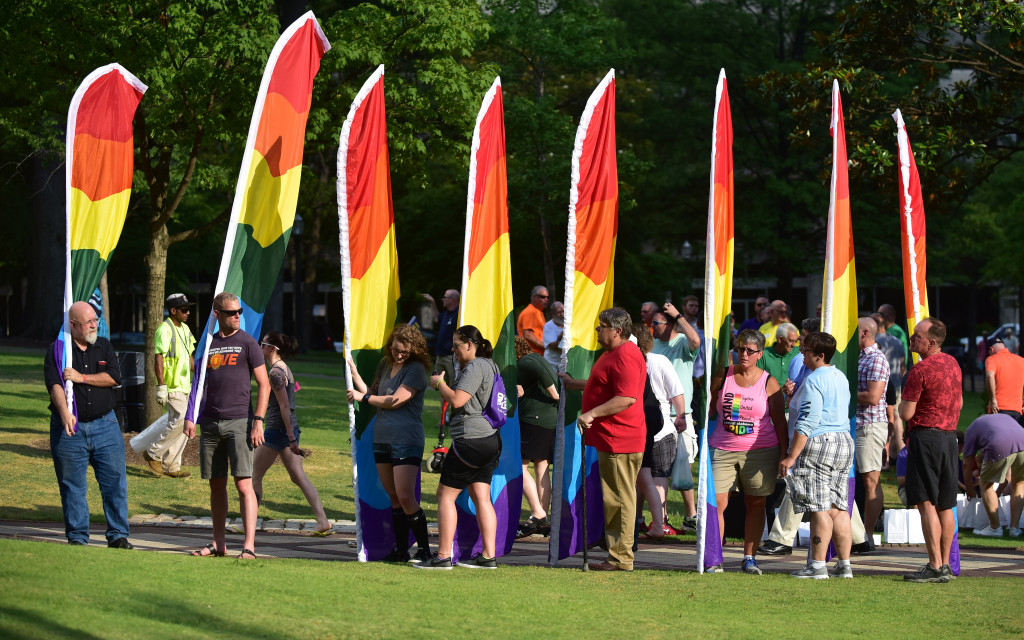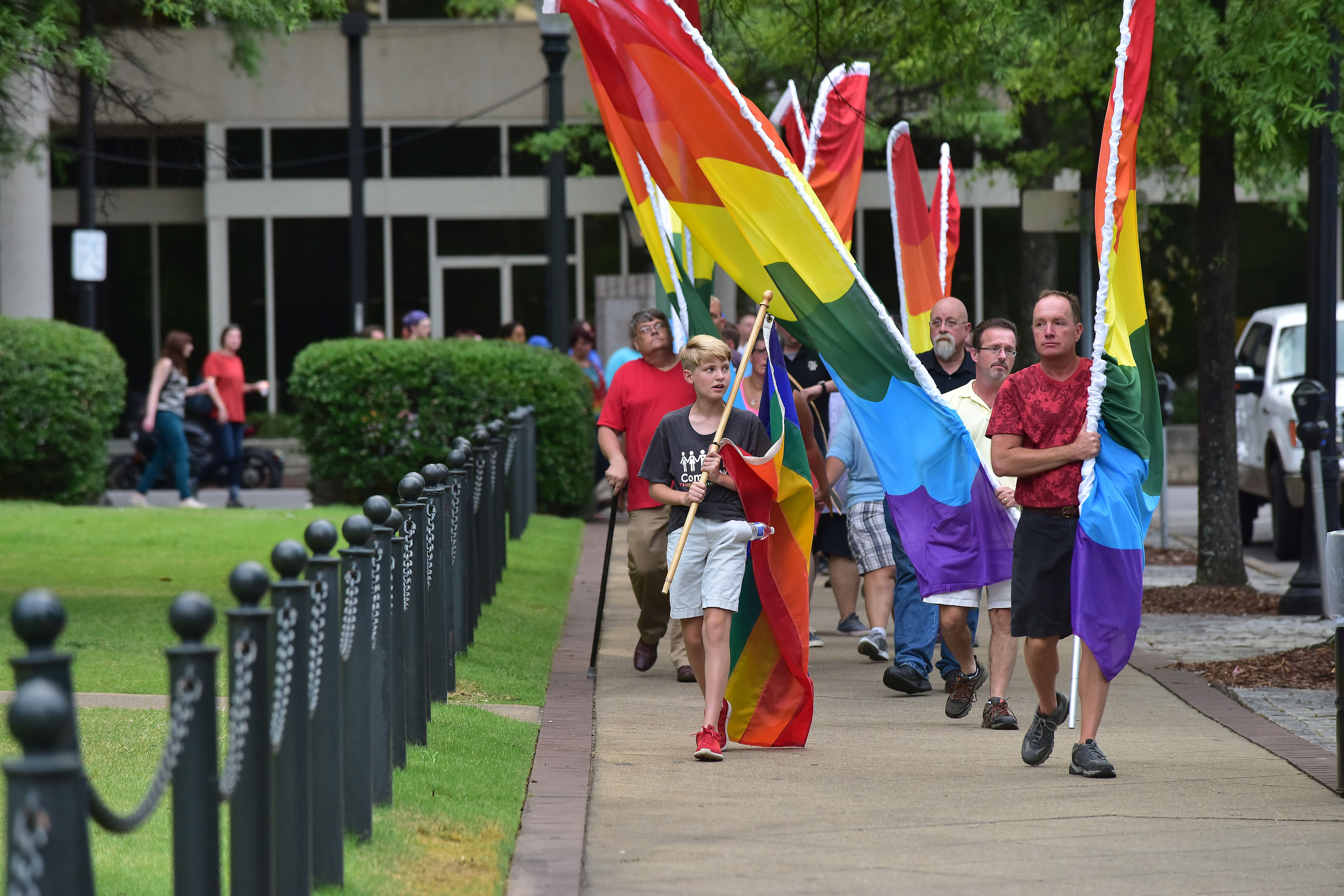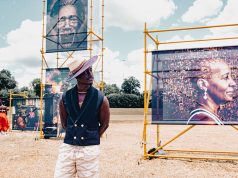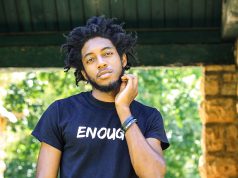By Cody Owens
City Council Public Information Office
After an hour-long public hearing, the Birmingham City Council unanimously passed a pair of nondiscrimination ordinances on Tuesday, becoming the first city in Alabama to add legal protections for those who face discrimination based on sexual orientation or gender identity.
While federal law already protects against racial discrimination, Alabama is one of only a handful of states that does not offer legal protections for citizens based on their sexual orientation or gender identity.
Assistant City Attorney Julie Barnard suggested the council go into executive session before hearing public comments regarding the ordinance, to “clarify a few things” but Council President Johnathan Austin, who has worked on the ordinance since 2013, disagreed, saying “whatever needs to be discussed can be done in public,” and opened the floor to nearly a dozen speakers, most of whom spoke in favor of the ordinances.
Michael Hansen, a recent candidate for the Senate seat vacated by U.S. Attorney General Jeff Sessions, talked about teaching himself to “pass as a straight guy” when he was younger to avoid being bullied or in order to land a job.
“The reality is I’m a white man. I’m going to be fine,” Hansen said. “What this ordinance does is protect everyone, especially the most vulnerable among us. It’s about the black trans kid who can’t get a job right out of school or the queer Hispanic kid who can’t get an apartment because the landlord kicked him out. There are real people who are discriminated against in this city every day…This is about all of us.”
The ordinance will add protections “against any act, policy or practice that, regardless of intent has the effect of subjecting any otherwise qualified person to differential treatment as a result of that person’s real or perceived race, color, religion, national origin, sex, sexual orientation, gender identity, disability or familial status,” the resolution reads.
The second ordinance will create an 11-member commission to investigate complaints of discriminatory practices and report their noncompliance to the council with the goal to “conciliate complaints with the consent of all parties,” as is written in the ordinance. If no agreement is reached, the person who filed a complaint then must take the issue to Jefferson County Municipal Court.
Representatives with several Lesbian, Gay, Bi-Sexual, Transgender, Queer (LGBTQ) advocacy groups in Alabama voiced support for the ordinance, touching on the importance of adding a legal pathway for people who are discriminated against – whether by employer or landlord — based on their sexual orientation or gender identity.
“You’ve heard from me before,” said Eva Kendrick, head of the Human Rights Campaign in Alabama, a vocal proponent of having a “meaningful enforcement mechanism” in the ordinance.
“The enforcement mechanism in the language of the draft in front of you provides that legal accountability through municipal courts to give people meaningful actions toward redress of issues of discrimination,” Kendrick told councilors on the dais. “It’s a point of personal privilege to tell you I was having breakfast with my 10-month-old foster son, who was born here in Birmingham. I’m sure he can’t understand, but I was telling him what it would mean for him and what it would mean for Birmingham to be the first city in the state of Alabama to pass a policy that truly protects all citizens. And I thought, ‘My goodness, what an honor it is to work with you all move our state and our city to [a] place our children deserve.’”

Legality
Questions were raised about how entities accused of discrimination would be held accountable for their actions.
Jacquie Cottilard, who opposed the ordinance, said the creation of a commission could potentially “chill free speech” by future misinterpretations of the “wide range of powers granted to the [human rights commission].”
“This deferral of the power of law to a committee created by the council strikes me, as a citizen, as a breach in our system of checks and balances … These fears are not all displaced by the nature of the commission’s stated objectives,” Cottilard said, labeling the commission as an “extrajudicial enforcement body capable of independently levying fines on those they deem offenders.”
According to Barnard, the commission would have no enforcement authority. The complaints brought to the commission would be handled through civil court. “The person [who filed a complaint] will have to go to a magistrate and seek a warrant or a summons for [the accused party] to come to court,” Barnard said. “Right now it would be a trial in municipal court. It’s a court with criminal jurisdiction, which means any charge in municipal court would have to be proven to the standard of beyond a reasonable doubt.”
Since there are no juries in municipal court, all cases would be decided by a bench trial. However, parties may appeal to a higher circuit court where their case would be heard by a jury.
Municipalities in Alabama are limited by state law as to what kind of criminal offenses can be prosecuted in court. Both the council and Barnard agree that the language in the ordinance that was passed is in compliance with those limitations.
Divergent Opinions
State Representative Patricia Todd (D-Birmingham), Alabama’s first openly gay legislator, recalled how she was fired from a job because of her sexual orientation. “They don’t use those words exactly but they’ll dance around it,” Todd said. “When I decided to run [for] office in 2006 as the first openly gay candidate, I knew that experience was going to change my life forever because everyone from then on would know I was gay … I should’ve brought all the love letters I’ve received — I say that sarcastically. None of these people live in my district but they want to share how they feel about my life.
“The reality is that we’re everywhere. We’re your brothers, sisters, neighbors, co-workers. You interact with all of us every day and we just want to be protected from discrimination,” Todd said, touching on the fact that, as Birmingham continues to position itself as a destination for corporate headquarters such as Amazon, putting laws on the books that fight back against inequality can help drive economic growth.
“We’ve held off the legislature from passing many bad bills that would hurt economic development,” Todd continued. “This will help us. This will help Birmingham be the first. If we don’t do it this year, another city is going to beat us to it. We want Birmingham to lead the way.”
Councilor Lashunda Scales said that even though she is a Christian, she cannot condone discrimination on anyone, regardless of his or her lifestyle. “The old wound of racism is here. Folks have to understand everyone’s plight in life,” Scales said. “I can have my own belief in the Bible, but I also want to make sure I love people regardless of our differences.”
Austin, who introduced the ordinance in 2013 and continued to push the council toward passing the current set of measures, said Birmingham, as a civil rights city, has an obligation to add protection for all citizens. “We already know the Legislature is going to come after this like they always do – like they did with the minimum wage increase. But this is what is right. And no matter what happens we’ll continue to fight for equality.”





